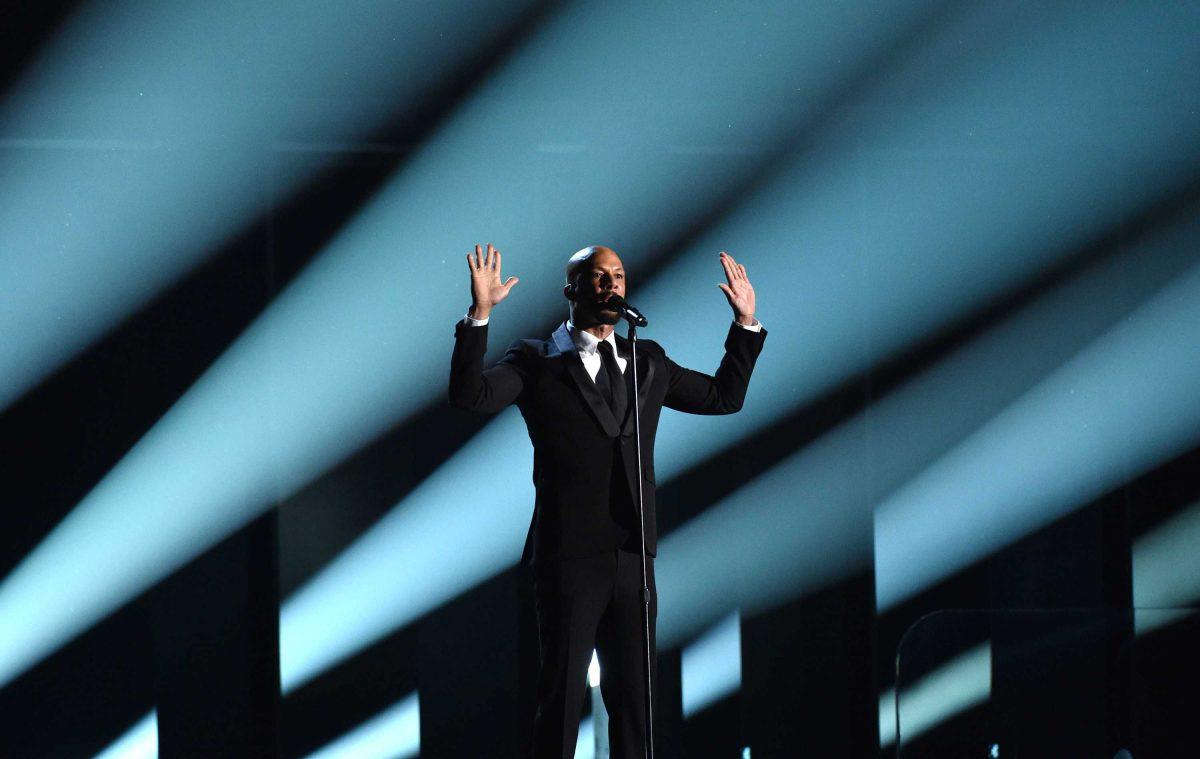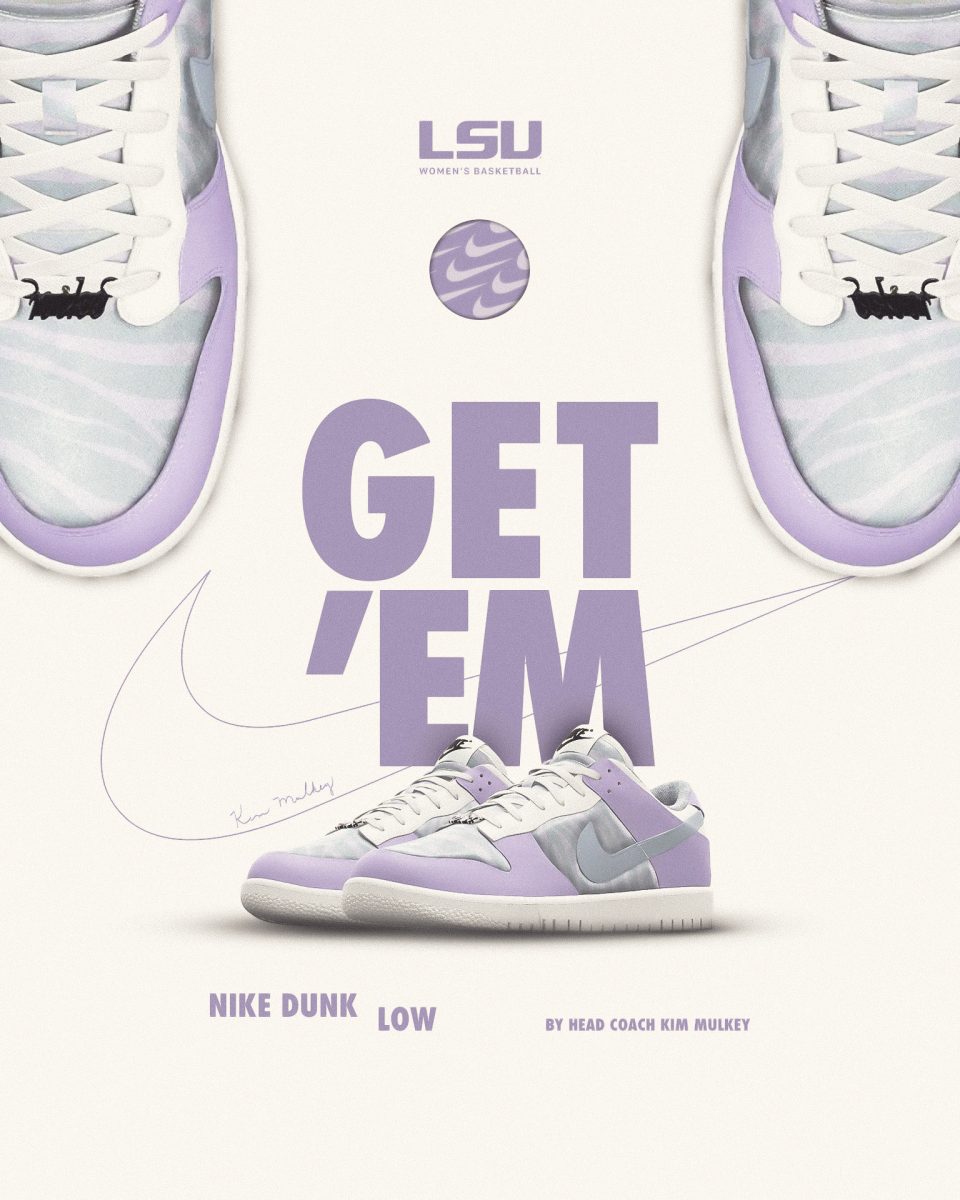Music is a tool.
It’s an instrument of persuasion with the power to affect multiple levels of social and political change.
When it comes to the Grammy Awards, everybody knows to tune in to the E! Network to see the stars’ dazzling outfits before a multi-hour musical extravaganza.
But in the past few years, the show has elevated to a status beyond an ordinary awards program — it’s become a forum for social change of significant influence.
During the 57th Annual Grammy Awards on Sunday, almost half of the show seemed to be dedicated to advancing various causes that would otherwise come off as overbearing.
President Barack Obama’s surprise announcement advocating for the cease of violence against women with his ongoing “It’s On Us” campaign is probably the most notable example.
In the less-than-two-minute spot, the President said, “Artists have a unique power to change minds and attitudes, and get us thinking and talking about what matters,” and encouraged, almost pleaded, the artists to push the campaign’s platform to their fans.
In a speech from domestic violence survivor Brooke Axtell that followed Obama’s announcement, she described her past with a violent ex-boyfriend, whom she tried to fix with affection but failed.
Her speech segued seamlessly into a powerful Katy Perry performance of “By the Grace of God” accompanied by interpretive dancers acting as a Perry’s shadow in the background.
It’s clear this series of events was planned far ahead of time and the trio collaborated to advance a single idea.
While there was nothing inherently wrong with this lengthy segment, the viewers, perhaps even the audience, may have forgotten they were at an awards show that revolves around the obsession over a small gold statue. I certainly did.
The anti-domestic violence campaign was not the only hint of political activism in the show, though they were slightly more subtle — well, maybe not.
In one part of Pharrell’s borderline creepy “Happy” performance, male and female dancers of various ethnicities in black clothing posed in the “hands up, don’t shoot” gesture made nationally famous during Ferguson protests for the Michael Brown incident.
Toward the end of the show, black male background singers in white suits made the same basic gesture multiple times during Beyonce’s performance of “Take My Hand, Precious Lord.”
As if these two performances weren’t enough, John Legend and Common performed “Glory” with segments from the recent movie “Selma” playing in the backdrop. The song references various racial connotations including one lyric saying, “That’s why we walk through Ferguson with our hands up.”
It’s not an unfamiliar concept to introduce cultural undertones in a televised performance, but the Grammys seem to have taken a drastic plunge into a severely earnest pool in which some may be hesitant to dip their toes.
In the 2014 Grammys, “Same Love” by Macklemore and Ryan Lewis became the wedding song for 33 couples, gay and straight, in a marital ceremony officiated by Queen Latifah.
While the ceremony was generally well received, it begged the question of what the show trying to achieve across the board. And the performances in this year’s show did not deviate from the advocacy objective.
But the big question is whether this trend is a problem or a sly solution.
It’s doubtful a more persuasive attempt could be made at advancing a cause when Queen Bey is serenading millions of viewers in her heavenly attire, or when Pharrell is dancing around in a bellhop outfit, sternly forcing everyone to be “happy.”
It boils down to this: The Grammys’ producers need to decide the direction and intention of the show from the start. If they want to devote three and a half hours of airtime to promoting social reform with appearances by politicians, then they need to stick with it.
Oddly enough, some people still watch the show to find out which of their favorite artists won awards. Putting politics aside, the show has become one long concert that doesn’t exactly end up focusing on the greatest acts of the year.
Recording Academy president Neil Portnow even tried to convince everybody watching to buy music again instead of streaming. Talk about a last ditch effort.
Why can’t the Academy just be honest and forthcoming about what they want out of an award show like this? It’s apparent the viewers’ preferences are no longer being taken into account.
You can reach Michael Tarver on Twitter @michael_T16.
Grammys is new platform for social change
February 9, 2015
Common performs at the 57th annual Grammy Awards on Sunday, Feb. 8, 2015, in Los Angeles. (Photo by John Shearer/Invision/AP)
More to Discover








